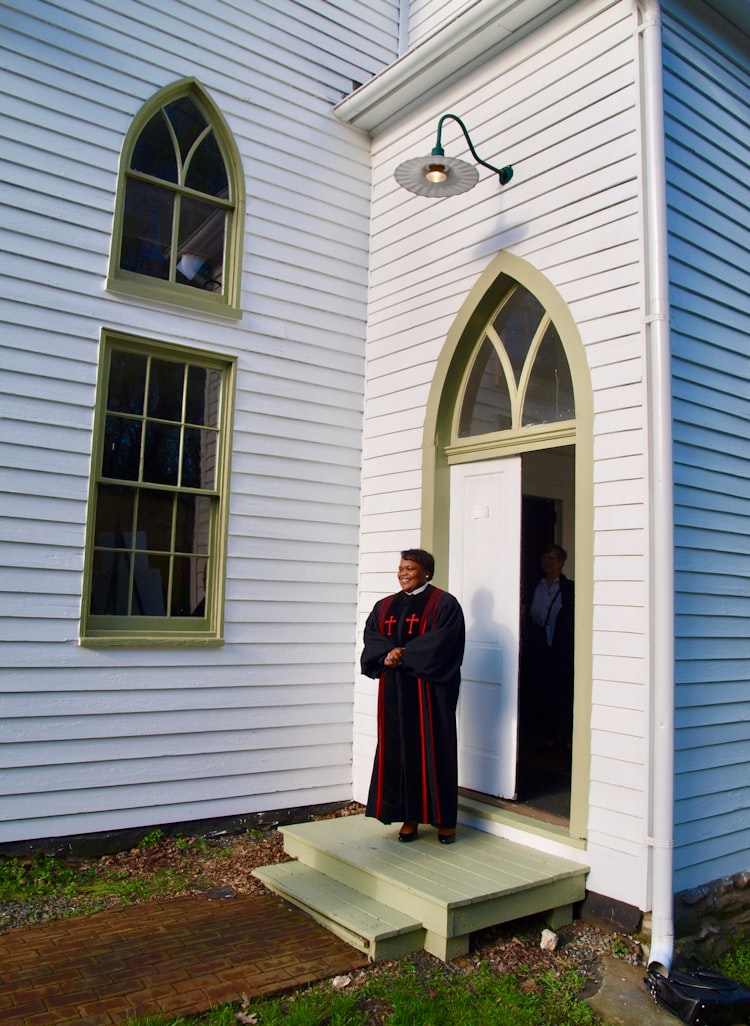Misused Scripture: Proverbs 13:24 - Spare the Rod

People often cite "Spare the rod, spoil the child" as a Bible verse about the need for spanking children.
"In my day, my dad beat me with a belt, and I turned out better than these entitled millennials!" they'll say.
Let's get a couple of things out of the way. First, spanking, slapping, or hitting your child in any way is child abuse. It's treating a child as sub-human and using pain to coerce them into doing your will. Not only is it abuse, it's counterproductive. If you want to use fear and pain to shut down your child's neural pathways so they can't learn, and teach them to lie and hide things from you—spanking is a great way to do that.
Secondly, "spare the rod, spoil the child" is not even a Bible verse. It's from a 17th-century poem ("Hudibras" by Samuel Butler) about two characters planning an affair, and one of them wants to engage in some Fifty Shades of Grey shit in the bedroom.
What folks are probably thinking of is Proverbs 13:24, which, from the King James Version, says, "He that spareth his rod hateth his son: but he that loveth him chasteneth him."
Now some folks will argue that the rod mentionedth in this verse isn't a rod that you beat people with, but more like a shepherd's hook used for gentle guiding. And listen, I like that interpretation.
But we have to square it with Proverbs 23:13-14: "Do not withhold discipline from a child; if you beat him with a rod, he will not die. If you beat him with the rod you will save his life from Sheol."
It's pretty hard to get around that one.
Look, the tagline of what I do is "Reclaiming Scripture for love and liberation."
I'll do a whole post about this, but the first step in reclaiming Scripture is just understanding what it actually does or does not say. The Bible does not condemn women to second-class citizenship. It does not say that LGBTQ people or their relationships are sinful. It's not pro-market-capitalism. You actually have to twist the words of Scripture to make it fit into an anti-woman, anti-queer, pro-capitalism perspective.
But the second step in reclaiming Scripture for love and liberation is to measure its velocity or trajectory, not merely individual points along the line.
Because we do need to be honest about some of the awful things that the authors of the Bible have said. It's pointless to avoid them. And it's a flawed use of the Bible to pull one verse out and treat it as if it were God's final statement on a topic.
Yes, Proverbs 23 says, essentially, "Hey, beat your kid with a rod, it won't kill them."
We, as modern readers, should rightfully be horrified at that kind of parenting advice.
But that's not the last thing that Scripture has to say about parenting. Compare that with Paul's instructions to parents in Ephesians 6: "Don't provoke your children to anger." And that's in a passage that's all about the mutual submission of everyone to everyone, including parents and kids!
Biblical scholars call this a redemptive movement hermeneutic. It takes the Bible seriously and even notes the places that really grind against our modern sensibilities. And, importantly, it doesn't read all verses of Scripture as if they were on a level playing field. The instructions for genocide in Joshua should not be read with the same level of authority as Jesus' Sermon on the Mount. Yes, Proverbs really promotes beating your children. But that doesn't mean the Bible as a whole does.
Because, remember, the Bible is a library of records of people's experiences with God. Built into those records are contradictions, retractions, and attempts at trying to say old things in new ways, or even scrapping the old ways altogether. To read one verse of the Bible as if it's the final statement on a topic is not taking the Bible seriously. To attempt to flatten those contradictions and internal arguments within Scripture is not taking the Bible seriously.
So, yes, because you take the Bible seriously, you should feel free to read Proverbs 23 merely as one fool's attempt at parenting in the 5th century BCE—not as a command straight from the Lord's mouth. That's not "ignoring Scripture." That's refusing to make Scripture into something it's not: a verse-by-verse encyclopedia of do's and don'ts.
To reclaim Scripture for love and liberation is to, first, pay attention to the best part of that verse: a desire to save your child from the grave. Secondly, to mourn the generations who came before us whose parents and parents' parents thought that child abuse was the best option. And finally, to creatively discover together ways that we can raise our children—not provoking them to anger, but raising them in love and, as much as it depends on us, without fear.





Member discussion